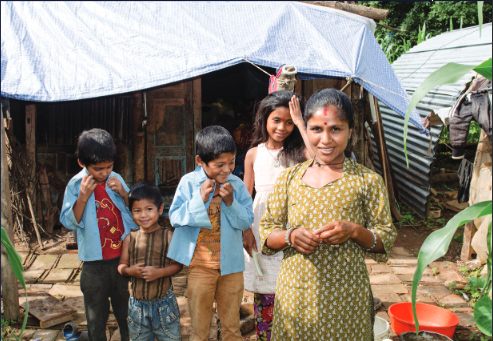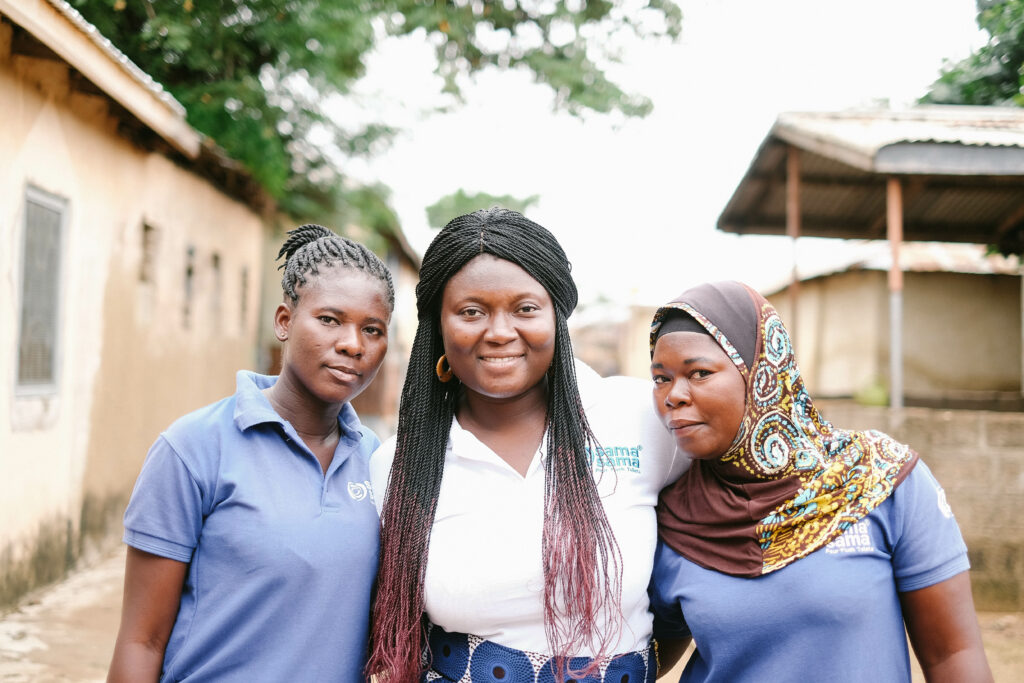Fighting The Shecession

iDE doubles down on women’s economic empowerment in the face of pandemic
Several new words have joined our vocabulary, thanks to COVID-19. One of the most ominous is “shecession,” which describes women bearing the brunt of pandemic family care while trying to keep working. Experts fear the adverse economic impact of the virus on women might erase strides they have made in recent decades.
Since the pandemic forced people to stay home, many women everywhere have carried an extra load of jobs and childcare. In Canada, women’s participation in the workforce plunged to 55 per cent in April, according to RBC Economics.
The same pattern can be seen globally. The pandemic has deepened the inequality between women and men and reversed “decades of limited and fragile progress on gender equality and women’s rights,” said United Nations Secretary-General Antonio Guterres on Aug. 31. “We risk losing a generation or more of gains.”
In developing countries, a majority of healthcare workers are women, who during the pandemic have been on the front lines of the response in medical support, teaching, and as caregivers in their families and communities.
iDE asked female clients what has changed in their lives after COVID-19. Responses showed, not surprisingly, that many aspects of their lives had become more complex and difficult.
With schools closed, the burden of childcare increased. Worryingly, time confined at home brings an extra dose of family stress and increases the risk of domestic violence.

Basic tasks such as going to the market — a woman’s job in many cultures, aren’t made any easier with the additional need for masks, hygiene, and social distancing. Since women in many developing countries are the ones who venture out in public, they are the most exposed.
Maintaining a job has become more precarious, especially when supervisors aren’t always sympathetic to the new reality. Many women face wage cuts of 30 to 70 percent or even losing jobs completely when businesses close or go bankrupt.
Using markets to create new opportunities with and for women was a priority for iDE long before the pandemic. Our staff are rapidly responding to COVID’s impact, using human-centered design – and more specifically women-centered design – to listen and support women as entrepreneurs, producers, and customers through this crisis. And we are reviewing our own internal practices to address barriers that particularly affect female staff and leaders throughout the organization. Our teams know that women are disproportionately affected by most crises but are also resilient problem solvers.
Your support enables us to more effectively address the cultural and structural challenges women face in business and in their everyday lives, and to close the gaps in women’s access to information, technology, services, and opportunity.
